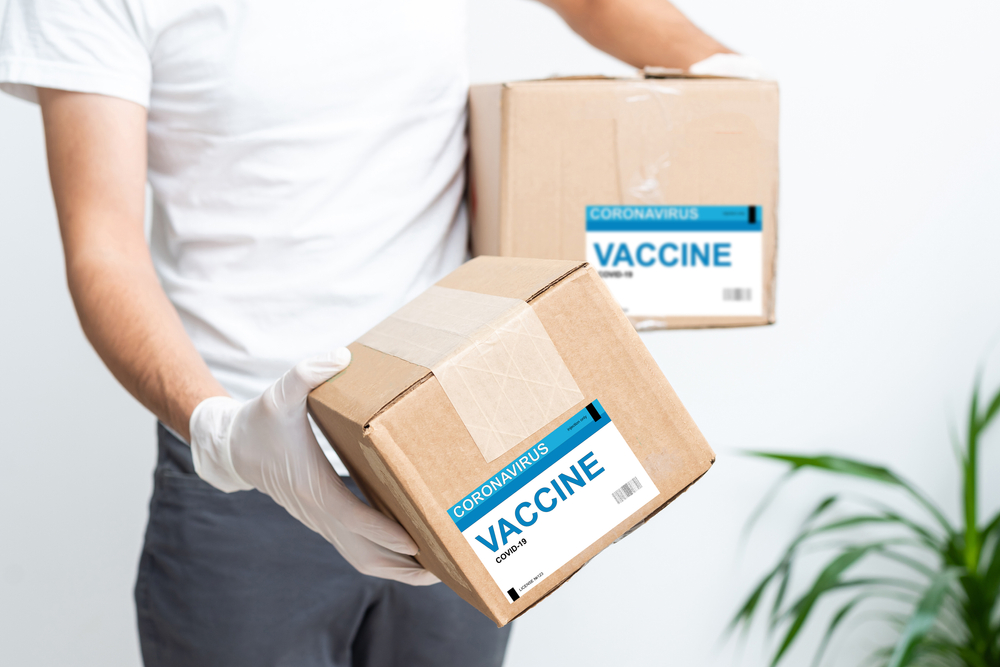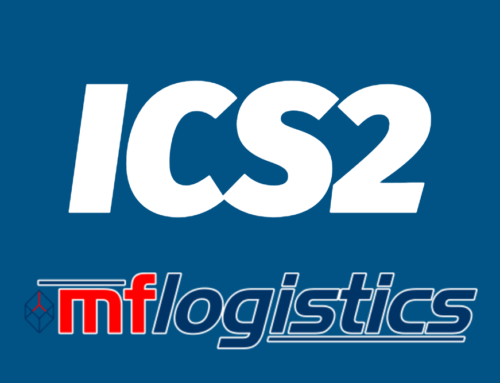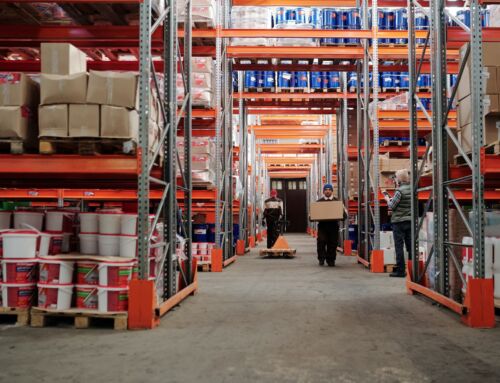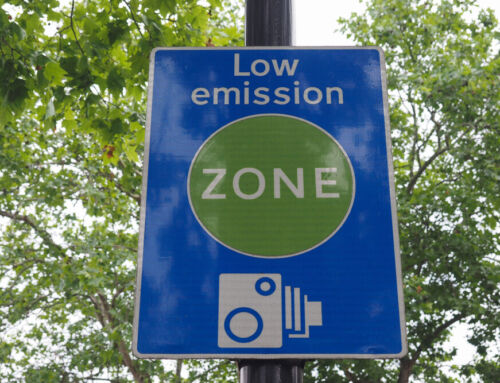Prior to the COVID-19 pandemic, it’s unlikely that many people outside the industry ever gave serious thought to the importance of healthcare logistics.
But events of the past couple of years have certainly brought the critical value of medical supply chains right into the spotlight. Whether it was PPE, oxygen, ventilators, testing kits or vaccine doses, the entire world suddenly had a vested interest in the success or failure of medical supply.
Healthcare logistics is a highly specialised field. It didn’t, of course, just appear out of nowhere when COVID-19 arrived. The fact that the world was able to respond to the emergence of that deadly disease without it causing even more catastrophic damage was in no small part down to the sophisticated, resilient and highly efficient logistics that has built up around global healthcare services over many decades.
The distribution of medical equipment and pharmaceuticals carries its own unique challenges, not least around cross-border regulations. This has become an area of particular concern for UK-based companies since Brexit.
Here are some of the key things you need to know about choosing the right healthcare logistics partner.
Look out for GDP compliance
The Good Distribution Practice or GDP framework is a set of regulations governing healthcare logistics across the EU. It is administered by the European Medicines Agency.
The UK may have left the EU, but GDP guidelines were transferred into British law prior to Brexit. That means that all medical and pharmaceutical supplies being transported within the UK, and not just to and from the EU, must still comply with the standards set out by the GDP. They cover things like storage conditions both in warehouses and in transit, contamination avoidance, tracking, tracing and recall procedures and more.
The regulations apply not just to pharmaceutical products but also to ingredients used in the manufacture of medicines, whether active pharmaceutical substances or otherwise.
As a first port of call when choosing a healthcare logistics partner, be sure that they can offer fully GDP compliant contracts.
Payload protection and risk assessment
If you are transporting certain pharmaceutical products or medical samples, there are a range of protocols that must be observed from a health and safety perspective. For one, many medical products have to be stored at specific temperatures at all times. This means having temperature controlled storage units at both collection and drop off, as well as refrigerated trucks for transport.
Similarly, many medical payloads contain substances that fall under COSHH, or Control of Substances Hazardous to Health regulations. Logistics handlers must therefore be COSHH compliant. This includes carrying out risk assessments for every load.
Data Protection and Privacy
Finally, all healthcare logistics must comply with the strict privacy regulations that now exist around patient information and data. As with GDP, the relevant legislation governing this is another EU directive that has passed into UK law and so applies post-Brexit – somewhat confusing, this one is called the GDPR!
The most common application of data protection rules in medical logistics is when patient samples are being transported. The regulations state that so-called Protected Health Information, or PHI, should not be present with samples when handed to a logistics operator. PHI basically covers any details that could identify an individual patient.



